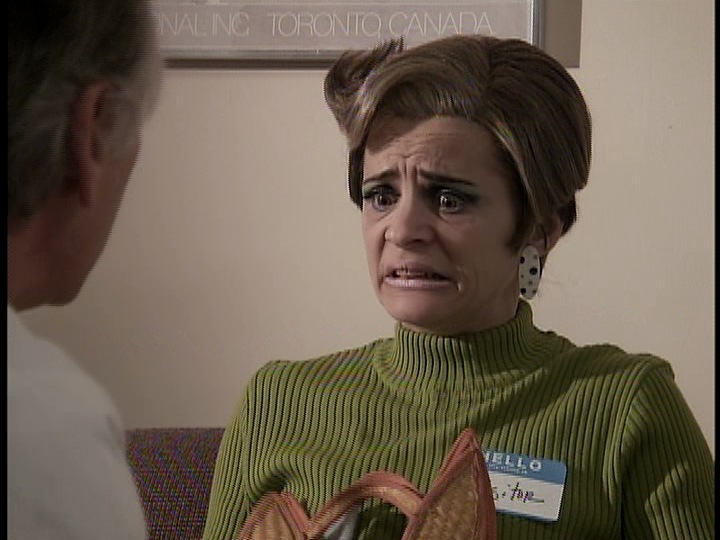
‘Strangers with Candy’ (Peter Lauer, et al., 1999-2000) is one of the most wildly subversive shows I’ve ever seen on television (most subversive shows are canceled before long–see ‘Wonder Showzen’ (Vernon Chatman and John Lee, 2005-2006, which features segments with David Cross), and it feels like I’ve waited a long time for an opportunity to rave about its hilarious characters and its clever writing. When this delightfully dark show aired on Comedy Central, I was old enough to understand that it appealed to a somewhat alternative audience, yet I was too young to fully comprehend or appreciate the satirical wit and unyielding sense of hopelessness the show conveyed to audiences. Jerri Blank (Amy Sedaris) tirelessly strives for the acceptance of her “peers” in high school, from the snooty cheerleaders and the lusted after jock to the kooky assortment of teachers, which includes Mr. Noblet, played by the wonderful Stephen Colbert, and Jerri’s ironically unsympathetic guidance counselor, Ms. Pines, played by the always funny Janeane Garofalo.
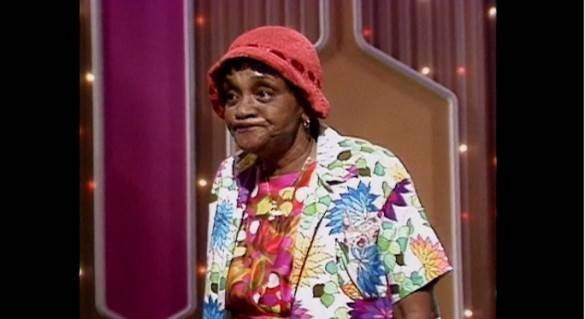
People who don’t work in the arts don’t realize how much work goes into it. Writers write hundreds of pages before any reader (who isn’t a blood relative) loves their work. Musicians practice for countless hours and write a lot of shitty songs before they compose a tune that makes someone want to sing along. Moms Mabley, the Black, queer woman comedian born in 1894 in the Jim Crow south, ran away at age 14 to become a performer and spent much of the next 66 years onstage, performing and polishing her own comedy routines. Her long experience may be why her work, nearly 40 years after her death, still elicits laughs.
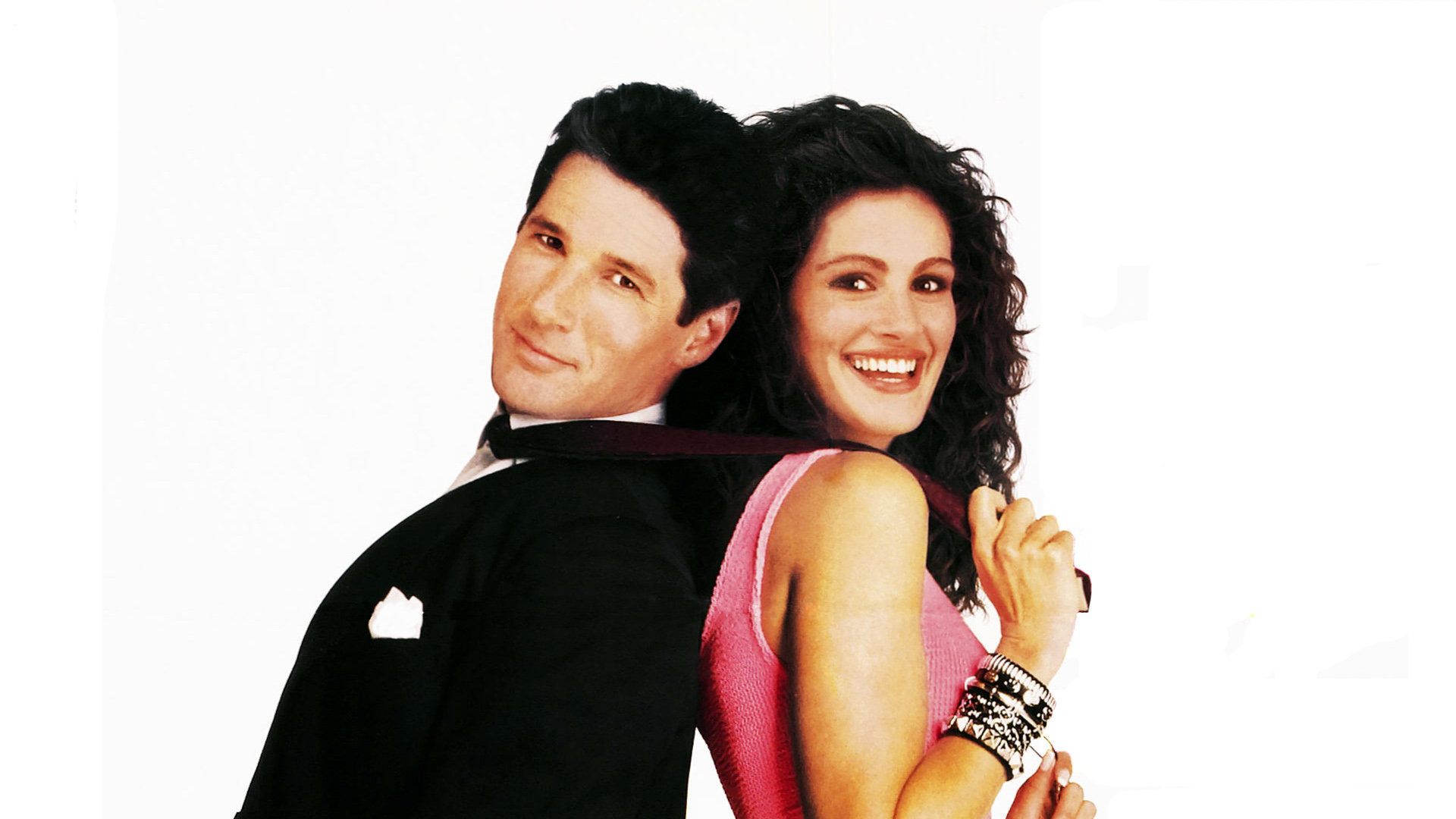
If you’d like to submit to one of our theme weeks, please see our Submission Guidelines.

Check out all of the posts for Child and Teenage Girl Protagonists Theme Week here.
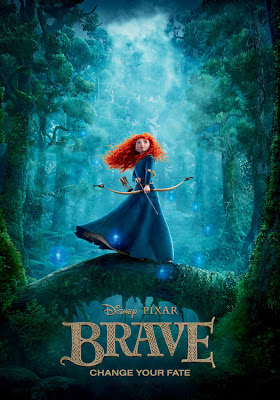
Basically, Brave isn’t really that brave of a film. It’s traipsing through a well-established trope that, though positive, is stagnant. Don’t get me wrong; I love all the prepubescent female power fantasy tales I’ve listed, and I’m grateful that they exist and that I could grow up with many of them. However, we can’t pretend that Brave is pushing any boundaries. It sends the message that little girls can be powerful as long as they remain little girls. The dearth of representations of postpubescent heroines who are not objectified, whose sexuality does not rule their interactions, and who are the heroes of their own stories is appalling.

We thought it might be a fun note to end the year on, with the exploration of films like Harry Potter and Matilda, while also taking a closer, more serious look at portrayals of adolescence and girlhood in films and TV. Some questions to think about include, what are Hollywood’s expectations of girls and teenage girls in films and TV? And how do those expectations feed into the public’s acceptance of a teenage girl’s sexuality, for instance. Further, how might a girl character impact a young girl who’s viewing her on screen?
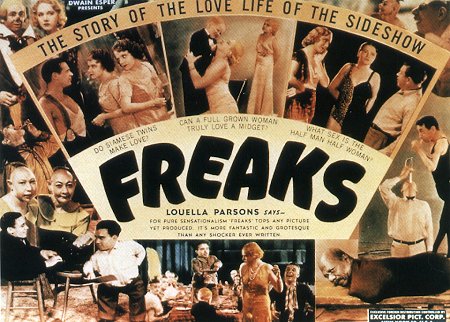
Freaks (1932) is a true cult movie, one that’s ridden a rollercoaster of opprobrium and acclaim since its initial release. Tod Browning’s sideshow-set horror-romance destroyed his career (and several others), caused such disgust in early audiences that one woman (allegedly) miscarried, outraged critics and moral guardians, traumatized some of the performers who appeared in it, languished in obscurity after being banned for three decades, resurfaced on the exploitation circuit in the 1960s, and earned a spot in the National Film Registry archives in 1994 before enjoying its current status as a one-of-a-kind classic. It’s been repeated to the point of cliché, but Freaks, once seen, is never forgotten. Love it or hate it, it will stay with you for the rest of your life.
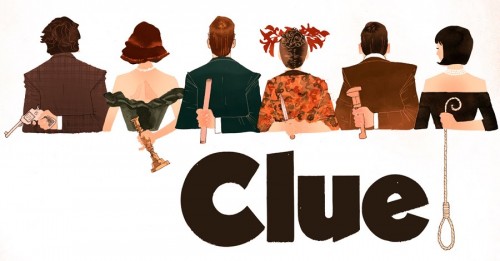
On any dark and stormy night in the fall, it is a wonderful thing to curl up with a mug of mulled cider and watch Clue. The murder mystery based on the eponymous board game may have been a huge flop when it was released in 1985, but it has gained a passionate cult following in the last 28 years, probably due to its infinitely quotable dialogue and gleeful disregard for the pile of bodies amassed as the movie progresses – as well as being shown on cable about once every two hours.
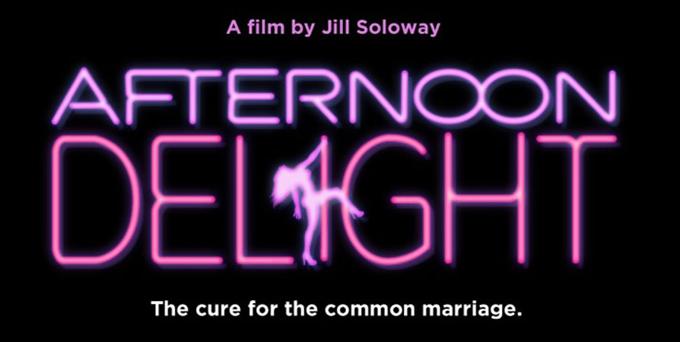
Let’s face it: many of us feminists will pay lip service to sex workers’ rights while at the same time hold within us a mess of conflicting feelings around the subject. In fact, many of us are probably a bit more repressed about sex than we’d care to admit. The idea that there are women who voluntarily seek out such work has long been a feminist conundrum. But perhaps the bigger problem is the paternalistic impulse of feminists trying to rescue sex workers. Jill Soloway, the writer and director of Afternoon Delight knows this all too well. As she says in an interview about the film, “It’s not just about rescue. If you’re into rescue go rescue the garment workers. It’s about amping up your own relationship to your own shame around sex.”
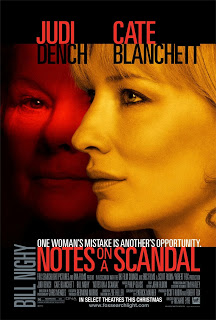
There’s an imperative reason why Dench was nominated for an Academy Award for Best Actress in a film for Notes On a Scandal. The Academy can be a load of BS with their ageism and racism, but sometimes, they get it right. It’s also quite wonderful to point out that Dench scored her first nomination at 64, her first and only win at 65, and four nods after— the last being Notes on a Scandal. For people to say that she is too old for anything is simply wrong on all counts. She truly is at her artistic best.
# 50/50 5 Broken Cameras 500 Days of Summer 45 Years The 40-Year-Old Virgin 4 Months 3 Weeks and 2 Days 9 to 5 1971 101 Dalmations 127 Hours 10 Days in a Madhouse 10,000 km 3 1/2 Minutes, Ten Bullets 300: Rise of an Empire 12 Years a Slave 28 Days Later A Abuse … Continue reading “Film Directory”
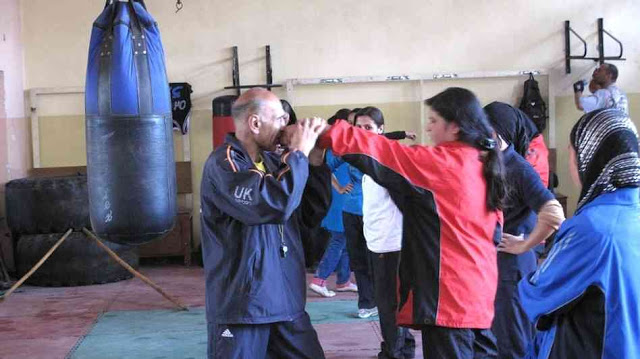
Saber Sharifi trains women boxers in The Boxing Girls of Kabul This is a guest post by Rachael Johnson. The Boxing Girls of Kabul is a Canadian documentary about the boxing careers of three young Afghan women, sisters Sadaf and Shabnam Rahimi and Shahla Sikandary. It was written and directed by the Afghan-Canadian filmmaker Ariel … Continue reading “Women in Sports Week: The Toughest Trio: A Review of ‘The Boxing Girls of Kabul’ (2011)”










